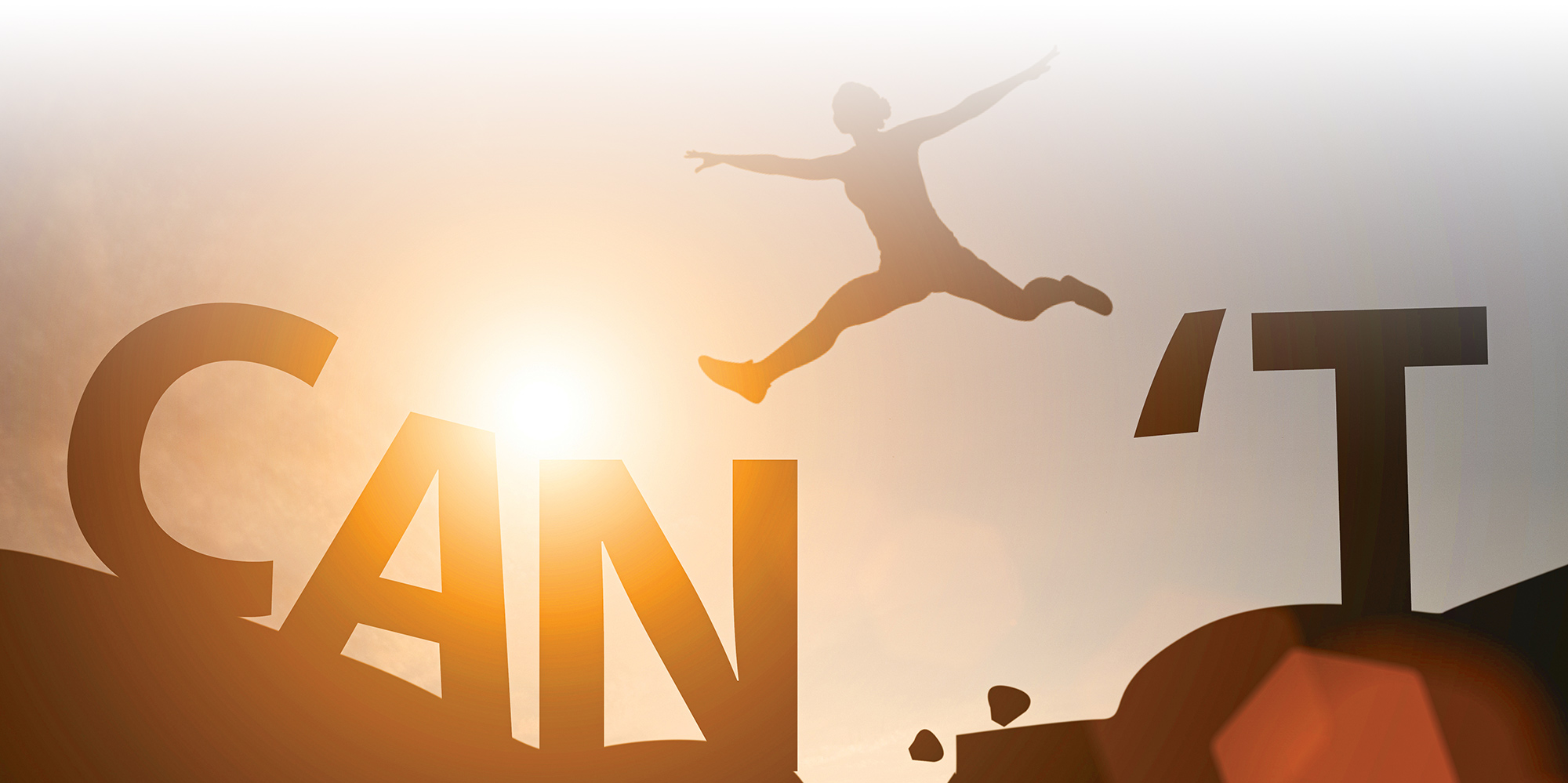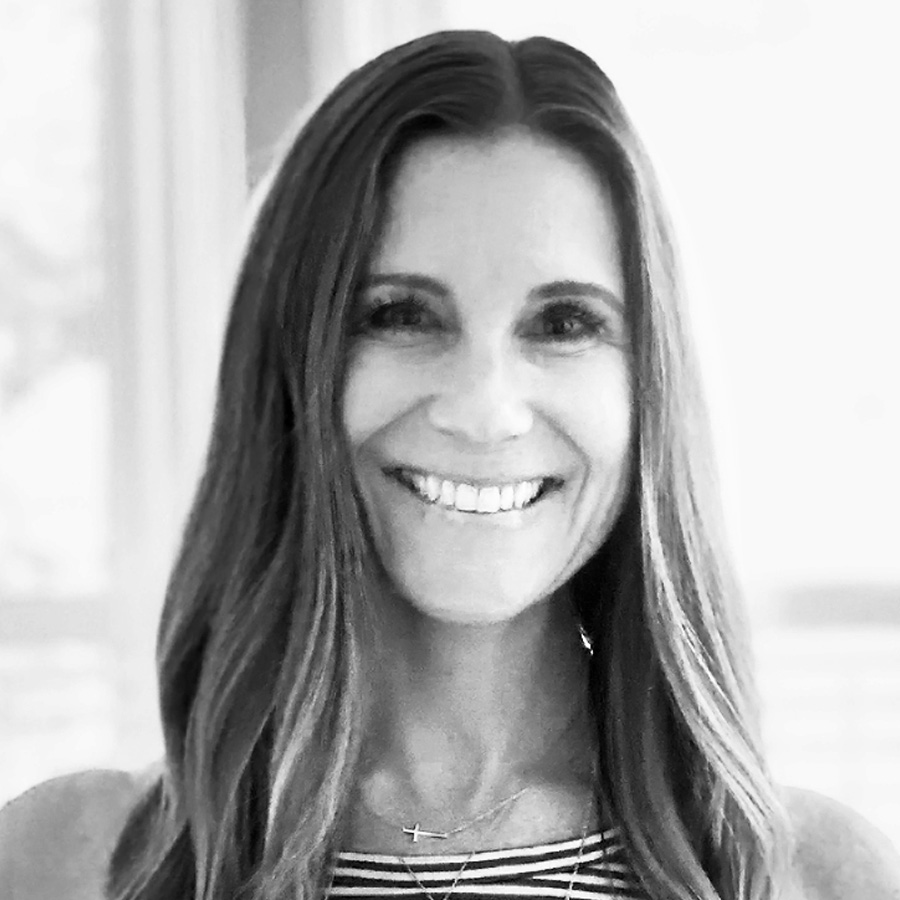am a huge fan of new beginnings, so it may come as no surprise that January is my favorite month. It also happens to be my birth month, which gives my annual New Year’s ritual even more meaning as I celebrate another trip around the sun. In the first few days of each new year, I step away from the noise of life to reflect on the past. My intention is to uncover and internalize life lessons, count my blessings, let go of what I need to release, and identify opportunities for growth. This practice allows me to make sure I am not carrying unnecessary baggage into the new year, and it fosters a sense of hope and excitement as I define my goals. I’ve practiced this ritual for nearly a decade, and there is a consistent theme woven through the fabric of each year.

As a health coach, I am fascinated by human behavior, and I’ve seen many people (myself included) struggle to close what I call the “gap”: the space between where we are and where we want to be. We often have the information or knowledge we need, but research shows that common sense does not automatically become common practice. For example, if I decide I want to better manage my stress and spend some time researching strategies to come up with a plan of action, I now know what I need to do. Unfortunately, knowing what I need to do doesn’t always guarantee I’ll take the necessary steps. This knowing/doing gap, which Dr. Laurie Santos calls the “G.I. Joe Fallacy,” proves that “merely knowing something is not enough to put it into practice or change your behavior.” This certainly explains why the majority of New Year’s resolutions are abandoned by February. Thankfully, we can look to the science of positive psychology, neuroscience, and behavioral psychology to shed light on research-backed practices that empower individuals to thrive, even in the midst of change.
Although as a teenager I’m certain I rolled my eyes, looking back now I realize this simple statement was his way of helping me cultivate a growth mindset. If acceptance is the first step toward growth, belief in our ability to change is a close second.
Carol Dweck, author of Mindset, says, “In a growth mindset, challenges are exciting rather than threatening. So rather than thinking, oh, I’m going to reveal my weakness, you say, wow, here’s a chance to grow.” The opposite side of the coin is a fixed mindset, with limiting beliefs that can undermine our potential for growth. “I’m bad at math.” “I’m horrible with directions.” “I’m always late to appointments.” “I’m impatient.” “I’m not a morning person.” “I’m a people pleaser.” When we hang our hat on these types of identity foreclosure statements, we subconsciously scan our lives for proof and verification, creating a vicious cycle.
New habits and behaviors require a growth mindset, so these limiting beliefs need to be pulled out by the roots before they take over the garden of our mind. The brain LOVES to make stuff up when we don’t have all the facts. Inspired by the work of Brené Brown, I make it a regular practice to ask myself, “What’s the story I’m making up in my head about what’s happening?”
When working with clients, I encourage them to identify their top two core values, then take a look at their weekly habits and routines to see if there is alignment between what they say they value and how they spend their time. One of my two core values is kindness. If I believe I’m a kind person, I’ll be able to foster habits of kindness that stick, and I’m more likely to ask myself questions in the midst of change such as, “What would a kind person do in this situation?” Core values serve as an anchor we can depend on to help navigate the uncertainty and instability that comes with change. There are two helpful habit-forming practices Clear outlines in his book that I use when I want to foster new behaviors: habit stacking and temptation bundling. One of my personal temptation bundles involves listening to Brené Brown’s Dare To Lead podcast while folding laundry or cleaning the house.
Making a list of people, places, and things that nourish your soul is a wonderful way to intentionally identify and develop new habits that support the very best version of the person you desire to become. Change will continue to show up at our front door, and although it’s sometimes an uninvited guest, we get to choose how we answer. As we begin this new year, ask yourself what you value and what makes you come alive, foster new habits that support your vision, and give yourself permission to THRIVE.
